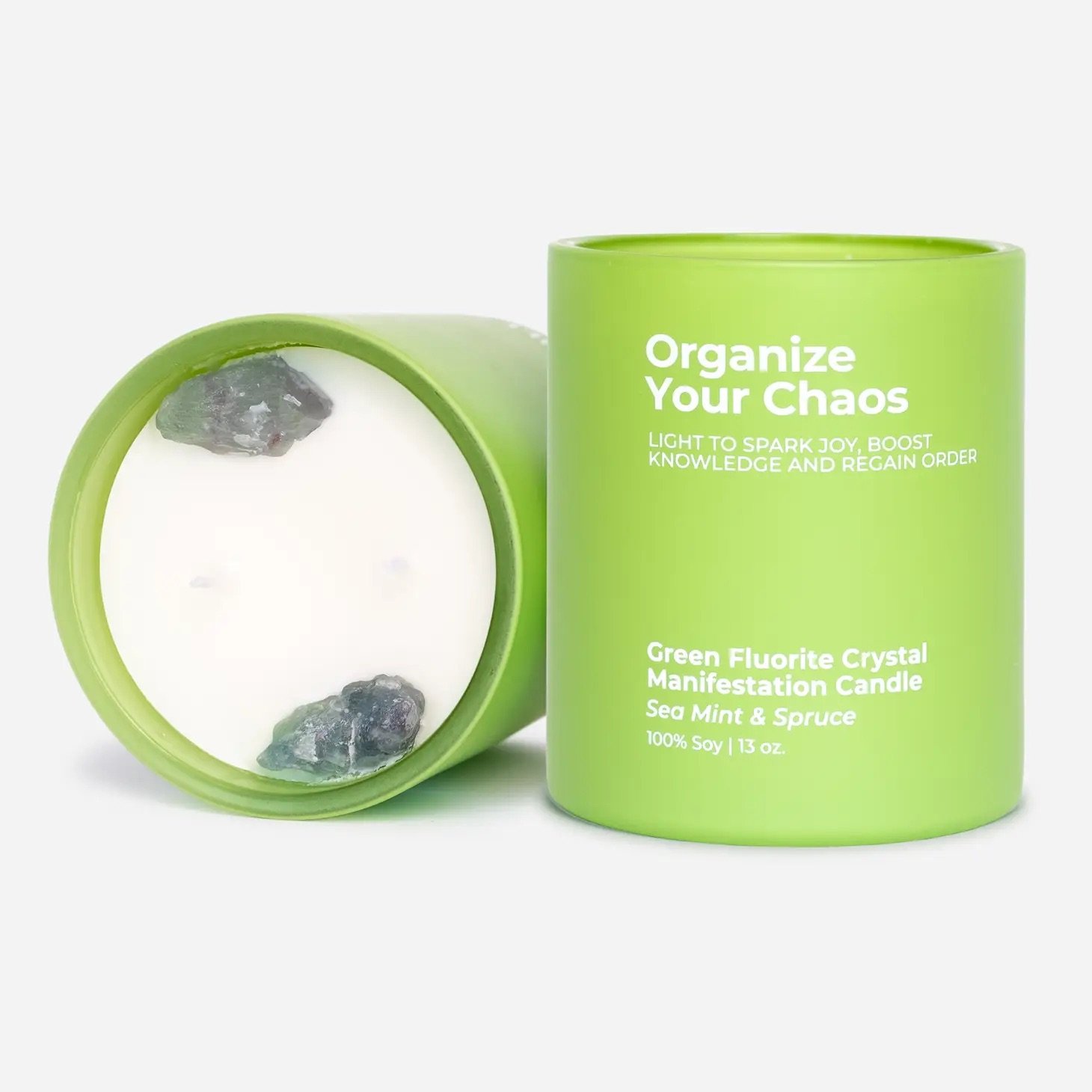Is SAD (Seasonal Affective Disorder) Clouding Your Relationship?
Whilst many of us can feel disheartened as the days get shorter, for some, the prospect of long dark nights can feeling completely overwhelming.
If you find you fall into the latter category and you experience recurring bouts of low mood during the colder months it’s likely that you suffer from seasonal affective disorder, or also known as SAD. As Mind explains it, "It's like having your own portable black cloud." A form of depression, SAD is mostly associated with the winter months, and no one is immune to it.
SAD can affect not only your personal life but also your relationship. If you find yourself struggling to maintain a steady relationship flow, SAD might be the one to blame. Thankfully, there are ways you can alleviate the winter blues clouding your relationship and welcome back the sunshine in your romantic life.
What is SAD?
First things first, what exactly is SAD? According to NHS, seasonal affective disorder is “a type of depression that comes and goes in a seasonal pattern”. Usually, SAD occurs during the winter months when the bad weather, shorter days, and lack of vibrant social life can affect you. Nevertheless, SAD can also happen in spring and summer when the seasons change.
The most common symptoms include persistent low mood, apathy, low energy, irritation, feelings of sadness or guilt, cravings for carbs, and weight gain.
If that makes you feel better, you’re not alone in the battle with the winter blues. According to research conducted by The Weather Channel, 29% of the UK population suffer from a degree of seasonal affective disorder, and women are more susceptible to it. 8% of the surveyed are clinically diagnosed and the remaining 21% believe that they suffer from a mild form of SAD. Nevertheless, 57% of adults say that their overall mood is worse in the winter than in the summer.
What causes SAD?
So, what can cause seasonal affective disorder? Of course, a number of factors play a role in your dismal mood but the primary ones include insufficient daylight, disrupted body clock, and high levels of melatonin.
Lack of sufficient daylight
Light influences a part of your brain called the hypothalamus. This part controls your sleep, mood, and sex drive, and when the light is insufficient, these functions start to slow down and eventually stop.
Some people need more daylight to perform these functions, while others are the opposite. The latter can experience disruption of these functions when it’s too bright, causing SAD in the spring and summer.
Disrupted body clock
Your body has its own internal clock which is in sync with the daylight and the times of the day. Daylight guides your body when to perform certain functions, primarily sleep. When your sleep pattern is disrupted, it can cause SAD.
High levels of melatonin
When it gets dark, your body produces a hormone called melatonin, which is responsible for getting your body ready to sleep. But when the darkness is more prevalent than the light, people with SAD are likely to produce higher levels of melatonin during the winter, which can make them more lethargic.
How is SAD affecting your relationship?
Seasonal affective disorder can not only impact your mood and personal life, but it can also affect your relationship. Think about it, when you’re feeling blue and don’t have the energy to even brush your teeth, the last thing you want to do is be proactive in your relationship. Going on dates, communicating your feelings, and being in the throes of passion all seem like a lot of hard work you’re not ready to complete.
Here are a few of the reasons why your relationship might be put on the side bench while you deal with SAD.
Turbulent communication
Communication is key to sustaining a connection. But when SAD strikes, your willingness to communicate with your partner can be minimal, if not non-existent. You’re naturally drawn to isolating yourself and snuggling up in a cosy blanket where your negative thought patterns can prevail.
When you actually attempt to communicate with your significant other, you might find it difficult to articulate your feelings, as well as to keep your attention, which is counterproductive to active listening. Not only that but you’re also prone to irritation during this time, so verbal disputes are not to be ruled out.
Lack of sex drive
Jordon Madison, a licensed clinical marriage and family therapist, says: "If you're experiencing loss of pleasure or loss of interest in activities, that can make date nights or the sexual side of the relationship difficult to keep up as well."
Because of the never-ending spree of negative thoughts, your body finds it hard to relax, get aroused, and indulge in pleasurable experiences. Not having sex can strain your bond a little bit. Even if you have sex, you might still find it hard to orgasm because your mind is constantly wandering. This can make your partner insecure or guilty.
SAD is contagious
There are different degrees of SAD and not all of them are as obvious. Even if your partner isn’t diagnosed with SAD, it’s likely that they also experience the winter blues to some extent. Being ignorant towards them and making it all about you can cause even more friction between you two.
Moreover, due to genetics, a person is more likely to have SAD if a close relative is affected, including your partner. Your unmotivated daily habits can become contagious to your significant other. The sofa life for couples can seem way too appealing, but it’s also dangerous for your mental health, so make sure you uplift each other’s spirits to avoid going into a deep depression.
How to make SAD more bearable for couples?
SAD won’t disappear overnight, but thankfully, there are certain things that can help you alleviate some of the symptoms and keep your relationship intact. According to the National Institute for Health and Care Excellence (NICE), seasonal affective disorder should be treated the same way as non-seasonal depression. A mix of therapy and certain habits can help you sustain both your sanity and your love life.
Light therapy. A special light therapy box is used to mimic the effects of natural sunlight and enhance your feel-good hormones.
Cognitive behavioural therapy. CBT works with you to help you overcome negative thoughts and beliefs and aims to improve your state of mind.
Self-care. Focus on your mental and physical health to boost your self-love. Find a self-care buddy to motivate you to exercise, meditate, take long baths, and get enough sleep.
Maintain some level of intimacy. Although having sex might not be on your agenda, try and keep physically close with your partner by holding hands, cuddling, and going to bed at the same time.
Herbal treatment. Herbs have a healing potency. St John's wort is known to be effective in the treatment of mild or moderate SAD. However, if you are on antidepressants already, do not combine St. John’s wort with these. As with any supplement, speak to your GP before commencing.
Socialise. Yes, socialising is probably the last thing on your agenda. But making effort to go to dinner parties with friends or do group activities will boost your relationship and alleviate your blues.
We often try to find a reason for our gloomy mood but sometimes the reason is way beyond us. Seasonal affective disorder can catch up with pretty much anyone, so be mindful of the symptoms and take the right precautions to medicate yourself and your relationship that is likely to be clouded by SAD.
This piece is brought to you by gemstone jeweller Angelic Diamonds. Finding the romance.





























